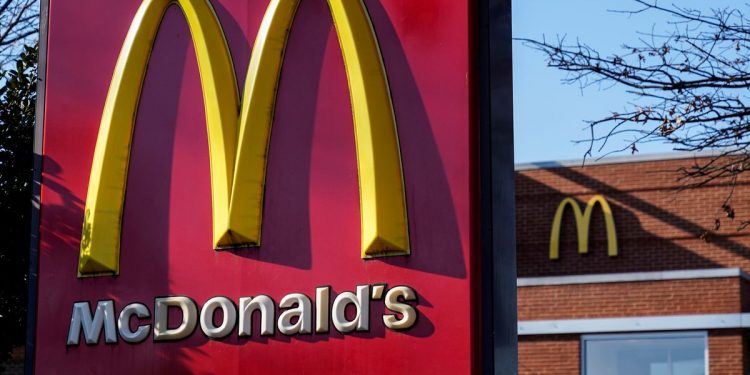McDonald’s is encountering a “meaningful” business impact due to a boycott in the Middle East and other regions. This boycott stems from the company’s perceived support of Israel, as noted by Chief Executive Chris Kempczinski in a LinkedIn post. Kempczinski attributes the backlash to “misinformation” and marks a notable instance where business operations are influenced by geopolitical tensions.
The impact of the Israel-Gaza war has not only affected McDonald’s but also other U.S. firms like Starbucks. Kempczinski mentioned in his post that several markets in the Middle East, along with some outside the region, are experiencing a substantial business downturn due to the war and associated misinformation impacting brands like McDonald’s. He described this situation as “disheartening and ill-founded.”
In Muslim-majority countries like Kuwait, Malaysia, and Pakistan, local McDonald’s franchise owners have issued statements to distance themselves from the perceived alignment with Israel. This reaction came after McDonald’s Israel distributed thousands of free meals to members of the Israeli military, which fueled the calls for boycotts.
The pro-Palestinian Boycott, Divestment, and Sanctions (BDS) movement, which had not initially targeted McDonald’s, has now formally called for a boycott of the brand. This escalation came in the wake of a lawsuit by McDonald’s Malaysia, supported by a Saudi firm, against the Malaysia BDS group. The lawsuit claims “false and defamatory statements” damaging the company’s business.
BDS urges McDonald’s to sever ties with its franchisee in Israel and demands that McDonald’s Malaysia drops the lawsuit. The movement emphasizes the power of grassroots boycotts and aims to show McDonald’s their impact.
In response to these developments, McDonald’s has declined to comment directly on the lawsuit, referring back to Kempczinski’s post. In his message, Kempczinski reaffirmed the company’s stance against violence and hate speech, emphasizing McDonald’s commitment to welcoming all customers.



























